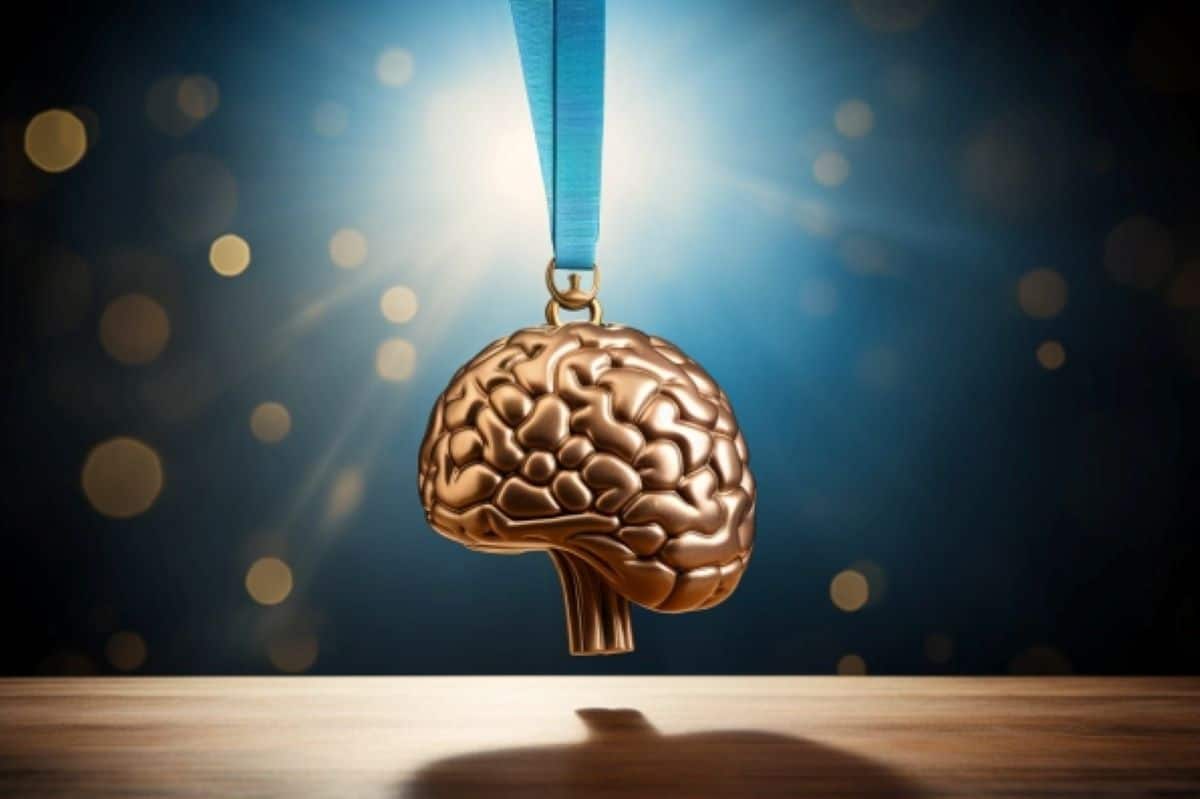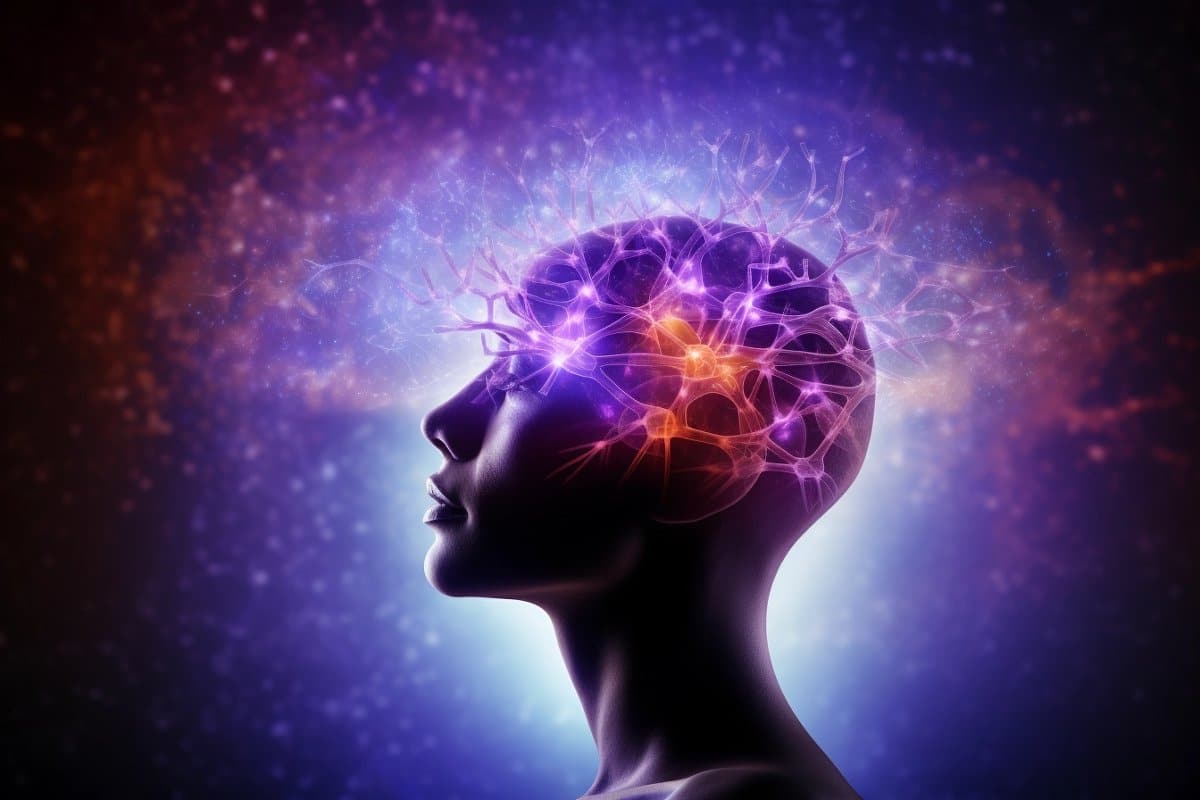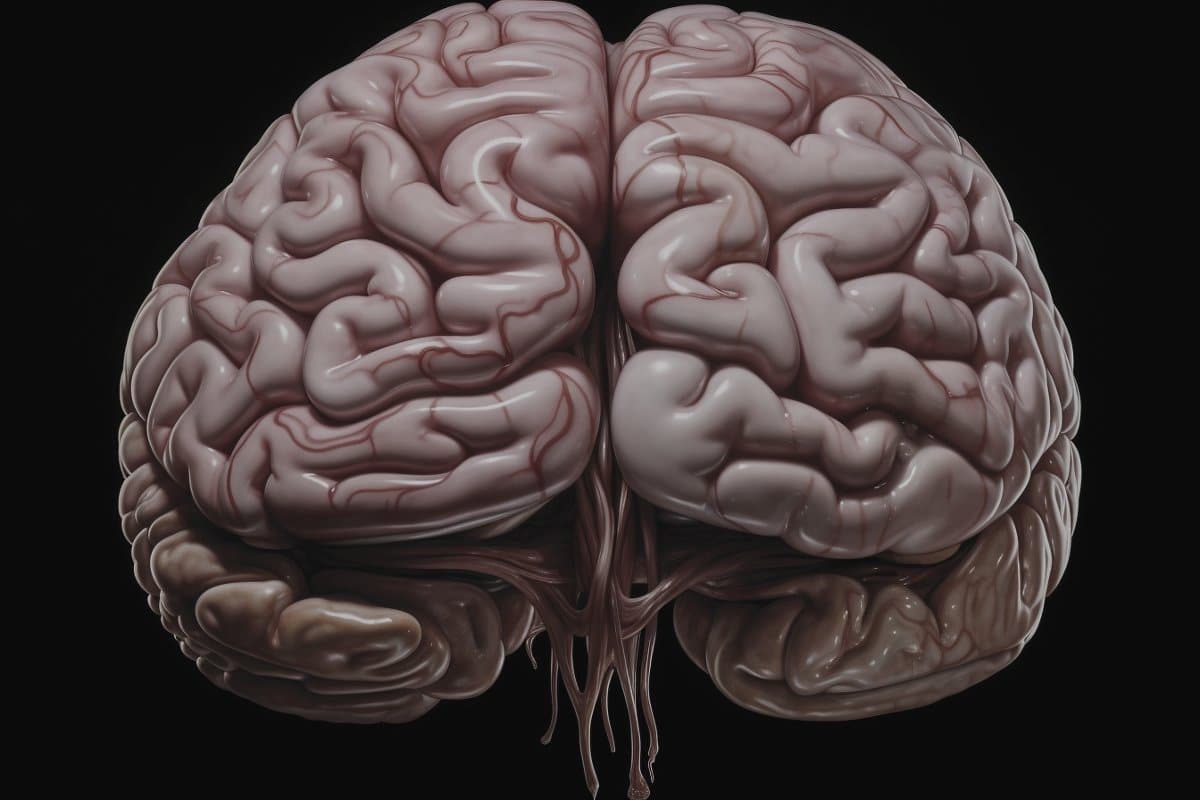The Impact of Childhood Adversity on Muscle Dysmorphia in Youth: A Comprehensive Analysis
Summary: A groundbreaking study unveils a significant link between traumatic experiences during childhood and the development of symptoms of muscle dysmorphia among adolescents and young adults. The study emphasizes how ACEs, including domestic violence and emotional abuse, can drive individuals to obsessively pursue muscularity as a coping mechanism. The results revealed that boys and young …










